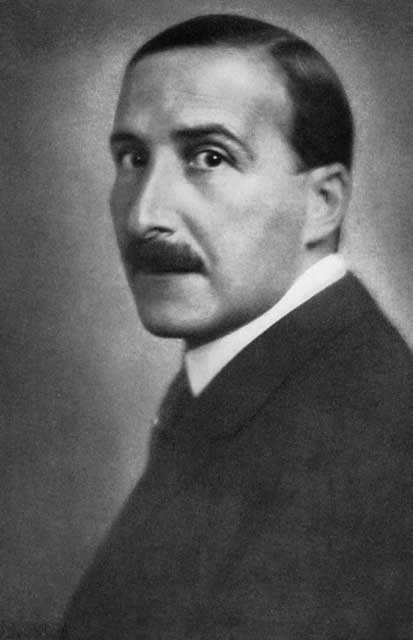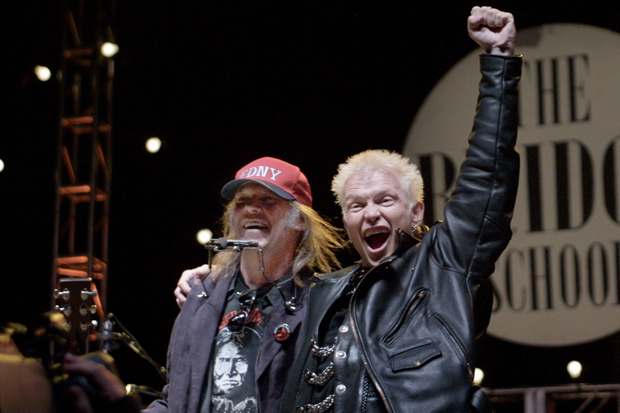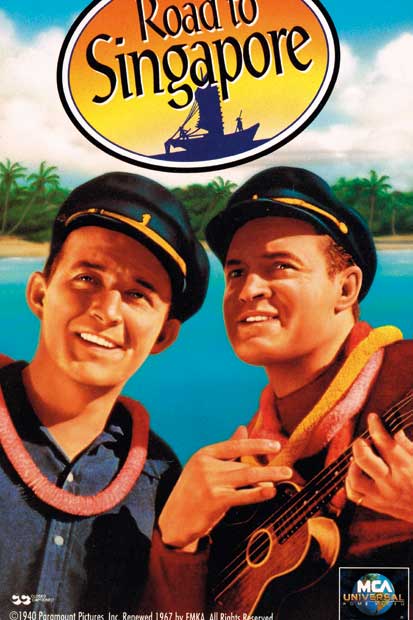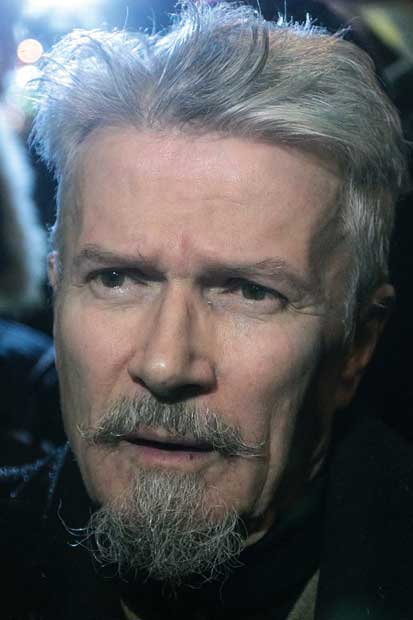Why would you send an anthropologist — as this book’s author, Gabriella Coleman, is — to study Anonymous, the indescribable hacktivist phenomenon whose operations (‘ops’) and giddy, menacing, profane video-manifestos have seized the media and the public consciousness from 2006 to the present day? Because Anonymous is, above all, an anthropological phenomenon.
At first glance, you might think that the Anonymous story — the Guy Fawkes-mask-wearing, meme-spewing, terrifying, hilarious non-collective that hacked the church of scientology, the government of Tunisia, the Serious Organised Crime Agency, and the Pentagon (for starters) — is a story about computer security, or youthful alienation, or political activism.
But political activism isn’t anything new, and activists have always been early adopters of technology. When I was an anti-war activist in 1980s Toronto, 98 per cent of my time was spent addressing and stuffing envelopes, and the other two per cent figuring out what went into them. Activists very quickly discovered that technology could replace stamps and envelopes with free, superior electronic equivalents, and never looked back.
As for computer security: the subject is an important one, and it’s one of the poles around which the story of Anonymous orbits. But every year there are millions of hacking stories, big and small, and none of them is as important or enduring as Anonymous’s run of spectacles that has made the world stand up and take notice.What make Anonymous different from everything before it — what makes it something genuinely new upon this earth — is its culture.
I first met Gabriella (‘Biella’) Coleman 15 years ago in San Francisco, when she was doing doctoral fieldwork for her dissertation on free/open source hackers and their ethos. She’d taken a job at the Electronic Frontier Foundation, a charitable campaigning group where I was a staff activist. Biella was everything you wanted from an anthropologist: sympathetic, watchful, trustworthy, and above all, insightful. She was capable of simultaneously contributing to the substance of a complex technical policy discussion while also conducting close analysis of the structure and culture of that discussion. Her first book, Coding Freedom (2012), on the ethics and structure of the ‘free culture’ movement, is an indispensable read, combining ethical concerns with practical technical mastery in an attempt to change the world for the better.
It also provides insight into the worlds of free software and free culture, and the anthropological methods of an ethno-grapher who has abandoned the pose of academic neutrality in favour of fieldwork. Here is a scholar right in the thick of things, a part of the action and an empathic (and sometimes partisan) observer of it.
In Hacker, Hoaxer, Whistleblower, Spy we penetrate the chaotic, ad hoc, contradictory world of the Anons. Presenting hackers for a non-technical audience has always challenged storytellers. The ‘Hollywood OS’ (Operating System), that shows hackers’ windows filled with endless forced-perspective tunnels of zeros and ones, laughing skulls and ‘polymorphic cyphers’ that twist and turn like the digestive tract of an exotic ruminant is some way from the absolute paint-drying visual dullness of actual hacker work.
Real hacker work looks like secretarial work. A person sits at a keyboard, looking, mostly, at text. That person types commands (sometimes arcane ones, though to the untutored eye no more mysterious than the commands typed by an airport check-in clerk), and squints and frowns at the screen, and types some more, and then, sometimes, feels very happy about some more text the computer is displaying. There can be very long waits. A TV show about hacking would be duller than one about fishing — at least fishing has the odd moment of a human-animal death struggle. (Combine the two and you’d have a winner: call it Pier to Pier, and film it in a rowing boat with a fishing rod at one end and a wireless laptop at the other.)
But hacking of every kind, from writing free software, to breaking into computers you don’t own, to jailbreaking devices that you do, is exciting. It’s thrilling. It’s the most marvellous sort of satisfying mental work there is — solving puzzles of enormous complexity through an impossible-to-systematise combination of rational method and intuitive leaps.
And the kind of hacking that Anonymous does — by means of the fluid, structureless norms of the group, half macho posturing, half uber-savvy media prankstership — is doubly exciting. Or exciting squared. It is filled with drama — betrayals, police informants, intimidation, brinksmanship, insane risk-taking and impassioned speeches from the battlements.
It’s just that all that drama takes place in text form, mostly on Internet Relay Chat (IRC) channels, which don’t even admit of fonts or emoji, let alone endless corkscrewing tunnels of ‘polymorphic code’. The drama of Anonymous is the drama of the novel — it’s the things people thought and said, the feeling inside your head when other people do things that inspire, terrify or enrage you. It is infinitely more dramatic than any amount of gunplay and car-chases. And it’s the kind of drama you only get from an anthropologist — someone who can both explain lulz and make you feel their exhilaration on the same page — sometimes in the same paragraph.
Anonymous is an impossible hairball of things we don’t have words for. A thing that’s not a group, or even a group of groups, doing something that’s not activism, but also not-not-activism, in a world where everything of any import — cars, planes, houses — is effectively a computer in a fancy case. Nothing quite like Anonymous could exist without the internet, though there are offline historical precedents that help us understand them.
What Gabriella Coleman has done, with a fine eye and a storyteller’s talent, is to untangle the hairball just enough to get a sense of its topology, its power and its limits — if not its direction. That is anyone’s guess.
Cory Doctorow’s latest book Information Doesn’t Want to Be Free examines the state of copyright and looks at creative success in the digital age. It is available now – click here for more information.
Got something to add? Join the discussion and comment below.
Get 10 issues for just $10
Subscribe to The Spectator Australia today for the next 10 magazine issues, plus full online access, for just $10.
Available from the Spectator Bookshop, £14.99 Tel: 08430 600033. Cory Doctorow is a Canadian-British blogger, journalist, activist and science-fiction writer.
You might disagree with half of it, but you’ll enjoy reading all of it. Try your first month for free, then just $2 a week for the remainder of your first year.














Comments
Don't miss out
Join the conversation with other Spectator Australia readers. Subscribe to leave a comment.
SUBSCRIBEAlready a subscriber? Log in